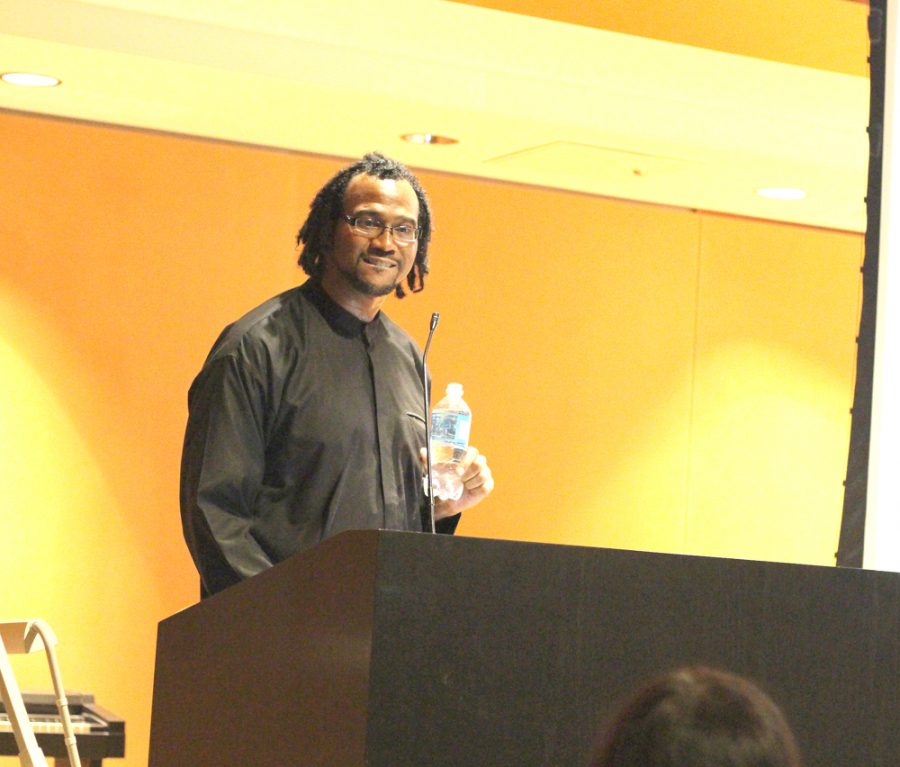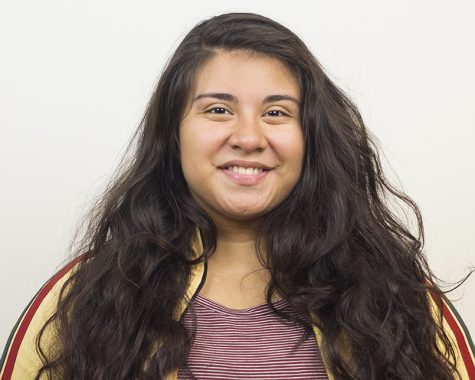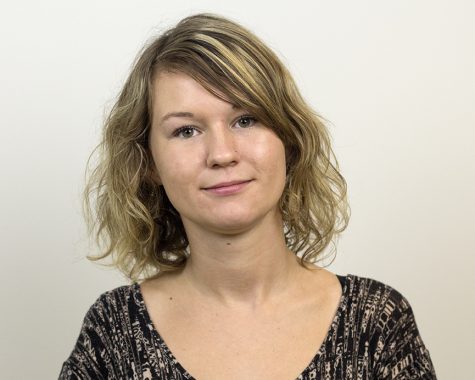Mansa Bilal Mark King talks ‘Invisible Matter’ at Doudna
Mansa Bilial Mark King, an associate proffesor of Sociology at Morehouse College in Atlanta discusses how Africana Muslims are marginilized in our society, and the need to end racial injustice in general during a lecture in The Doudna Lecture Hall on Thursday night.
September 16, 2016
Mansa Bilal Mark King, a sociology professor at Morehouse College in Atlanta, spoke about the influence of Africana-Muslims, and how they have been marginalized, in the liberal arts.
King gave his lecture Thursday at the Doudna Fine Arts Center Lecture Hall for Phi Beta Kappa’s 26th annual fall lecture titled, “The Invisible Matter.”
King, himself a Muslim, discussed his studies on the marginalization of Africana-Muslims in liberal arts education.
“I hope (this lecture) opens doors to solving problems and sheds a new light on something we never understood or knew about,” King said.
He talked about the misconceptions people have of Islam and the generalizations made about Muslims.
King said many teachings neglect to acknowledge Africana-Muslim contributions to the liberal arts.
King did not always practice the Islamic faith. In 2005, he took a trip to Senegal that exposed him to the different cultures and practices of Islam. When he returned to Senegal in 2006, he made his conversion.
“The call of prayer made sense (after going back),” King said. “I felt a degree of harmony, spiritually.”
Using a slideshow presentation, he gave examples of how Africana-Muslim culture has influenced contemporary art and is still found in music and literature today.
“(Africana Muslim influence) is an important piece of jazz and hip-hop,” King said. “I lived through that golden age of hip-hop, that late ‘80s, early ‘90s era and so much of it comes from that. People need to know that (these influences) didn’t come out of thin air, it was already in the air.”
During the presentation he listed many hip-hop artists and groups who had an Africana-Muslim influence in their lyrics and style. The list included artists such as Queen Latifah, Ice Cube, members of Wu-Tang clan and members of Public Enemy.
He explained how many people do not know about the Africana-Muslim population in the music industry and that overlooking this factor contributes to the misunderstandings of Islam.
Aside from his lectures, King will also be leading a study abroad program from Morehouse College that focuses on Africana-Muslims. A colleague of King organized a study abroad program through the School for International Training that takes students on trips thorough all of the countries Africana-Muslims have migrated to throughout the world.
Some of the locations include Senegal, Italy and China. The program will extend through the entire spring 2017 semester.
King encouraged his audience to further their understanding of Islam, and to look past the surface of the current perception of Muslims.
“It hurts to hear the assumption that today’s young people make (about Islam) and hip-hop,” King said. “I want people to be unable to believe only what they hear.”
King’s slideshow presentation will be available on the Center of the Humanities’ website.
Angelica Cataldo can be reached at 581-2812 or [email protected]





















































